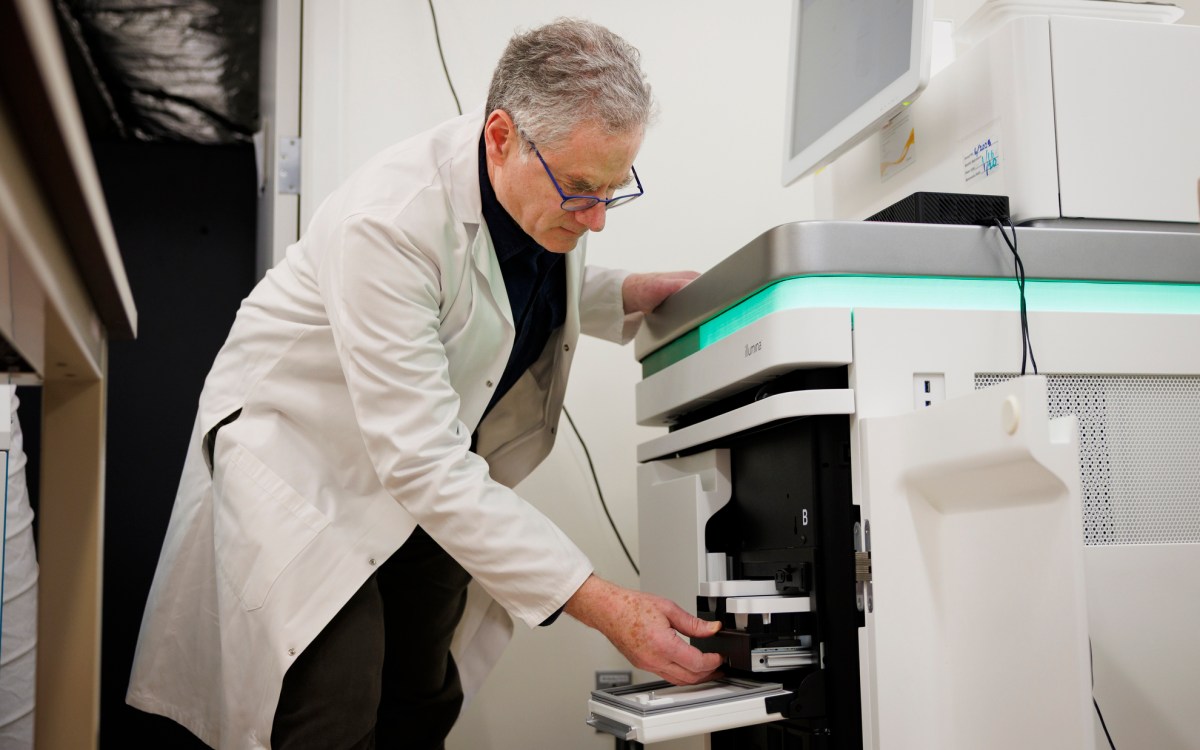Risk genes for Multiple Sclerosis Uncovered
Finding could have ties to other autoimmune diseases
A large-scale genomic study has uncovered new genetic variations associated with multiple sclerosis (MS), findings that suggest a possible link between MS and other autoimmune diseases. The study, led by an international consortium of clinical scientists and genomics experts, is the first comprehensive study investigating the genetic basis of MS. Findings appear in the July 29 online edition of the New England Journal of Medicine.
MS, a disease of the central nervous system whose symptoms range from mild muscle weakness to partial or complete paralysis, is widely considered an autoimmune disease, one that arises from a combination of genetic and environmental factors. This collusion of events leads the body to attack and destroy the insulation along nerve fibers. This study, which analyzed genomic information from 12,360 people, confirmed that immune system genes are altered in people diagnosed with MS, and pointed to potential mechanisms of the disease.
The researchers gathered 931 sets of DNA samples from MS patients and their parents. They analyzed single nucleotide polymorphisms (SNPs), that is, small differences in DNA sequence that represent the most common genetic variations between individuals, and looked for variations that were more commonly inherited by people with MS compared to samples from people without the disease. To double-check the findings, they performed a second analysis of other sets of families, individual cases of MS, and a control group. In the end, all the samples were combined for a final analysis of more than 12,000 subjects.





